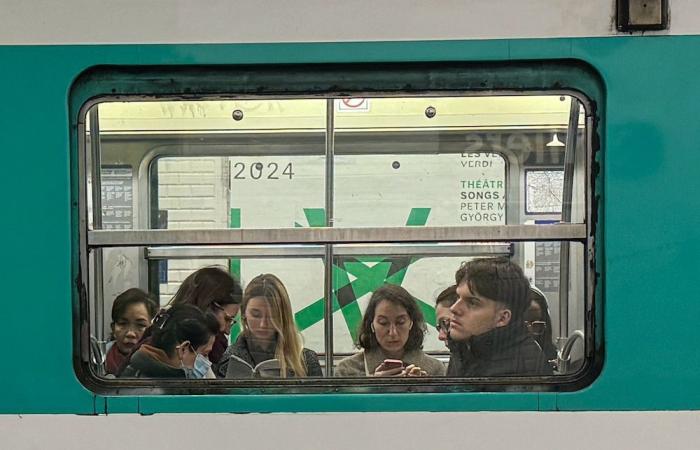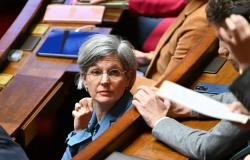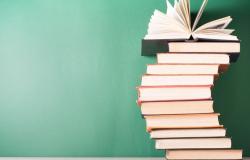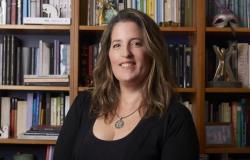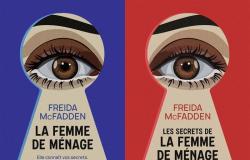This phenomenon is particularly expressed in the mass media, where the logic of the audience and economic interests frequently prevail over the quest for objective truth.
Too fast, too often
Despite the appearance of freedom of expression, modern societies are confronted with a worrying homogenization of voices in the mainstream media, particularly on television and radio. This trend, amplified by the speed of digital communications, reduces the space dedicated to the diversity of points of view, thus simplifying often complex realities.
Take the example of the media treatment of the conflict in Ukraine. Since the start of the Russian invasion, near unanimity has dominated Western media coverage. While denouncing Russian abuses is necessary, mainstream media have often avoided addressing crucial issues such as NATO expansion, regional economic interests or historical grievances. Any attempt at nuance is quickly dismissed, fueling a polarization of opinions.
Likewise, the media management of the war in the Middle East, and in particular the massacre of the Palestinians, illustrates this bias. Despite the thousands of civilian deaths and the fact that lives are at stake, some media avoid direct criticism of influential powers, adopting a cautious, even biased, stance.
However, a recent change of heart, particularly after the indictment by the International Criminal Court of the Israeli Prime Minister, has shown that some media may have changed their position. This phenomenon demonstrates the latter’s ability to evolve, although often under external pressures.
The compressed press
This homogenization is exacerbated by two dangerous dynamics: the concentration of media in the hands of big money and the explosion of fake news on social networks.
In many countries, a significant part of traditional media is controlled by influential economic players, at the head of large financial groups. These media power holders orient editorial lines according to their strategic or ideological priorities, to the detriment of the diversity of information and journalistic independence.
On the other hand, social networks, despite their image of freedom, prove to be powerful vectors of disinformation. Fake news, amplified by algorithms favoring sensationalism, blurs the distinction between facts and lies, locking individuals into manipulable frames of thought.
In this alarming context, a crucial question arises: how can we preserve our critical spirit?
The book or the long time
The answer could lie in an ancient but essential practice: reading. Unlike audiovisual or digital media, Books offer real freedom. They allow us to explore a plurality of points of view, to think in depth and to form informed opinions, sheltered from the urgency and pressures of media flows.
Reading a book means taking back control. It is consciously choosing the ideas and authors with whom to dialogue, exploring marginal or contradictory currents of thought, and thus cultivating a critical mind. Unlike the media, which impose their angles and rhythms, a book rests entirely on the reader’s decision.
Today, reading must be rehabilitated as an act of resistance. Resist against the manipulation of emotions through calibrated images. Resist against the polarization of ideas, fueled by superficial debates. Resist against the disappearance of nuance, sacrificed on the altar of audience and efficiency.
Against too much: less is more
In a world saturated with instant information, books invite us to slow down. They remind us that freedom consists of cultivating an autonomous mind, capable of discernment and reflection. By choosing a book, we affirm our intellectual independence and our responsibility in the quest for knowledge.
To preserve this wealth, it is time to turn off our screens, reduce the time spent listening to the radio, beware of the pitfalls of social networks and devote more time to reading. Books remain today the last truly democratic bastion, a space where all thoughts – or almost all – still coexist.
So, let’s grab a book. Let us choose to take the time and cultivate the privilege of thinking. In a world where the dominant spirit reigns supreme, reading is an act of freedom.
Image Credits: CC BY SA 2.0, News
By Hassen Jaïed
Contact : [email protected]

